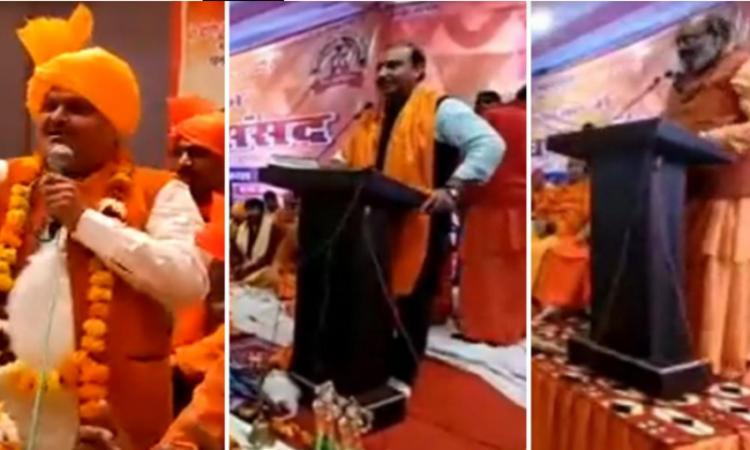The Supreme Court on Monday agreed to urgently hear a PIL seeking criminal action with respect to the Haridwar Dharm Sansad conclave where hate speeches and genocidal calls against Muslims were made.Senior Advocate Kapil Sibal mentioned the matter before the Chief Justice of India for urgent listing."We're living in different times where slogans in the country have changed from Satyamev Jayate...

